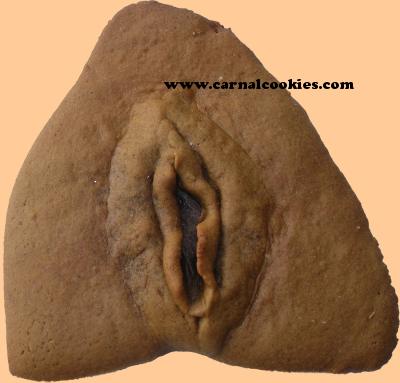
A woman's vagina naturally produces a clear, relatively odorless vaginal lubrication that assists in sexual penetration. How much lubricant is produced is influenced by a number of different factors and varies from woman to woman.
Factors that can influence vaginal dryness are:
- Intercourse
- Diaphragms
- Antidepressants
- Antihistamines/decongestants
- Antibiotics
- Chemotherapy
- Radiation
- Allergens such as dyes and fragrances in toilet paper and laundry detergent
- Drying soaps
- Douches
- Tampons
- Condoms

